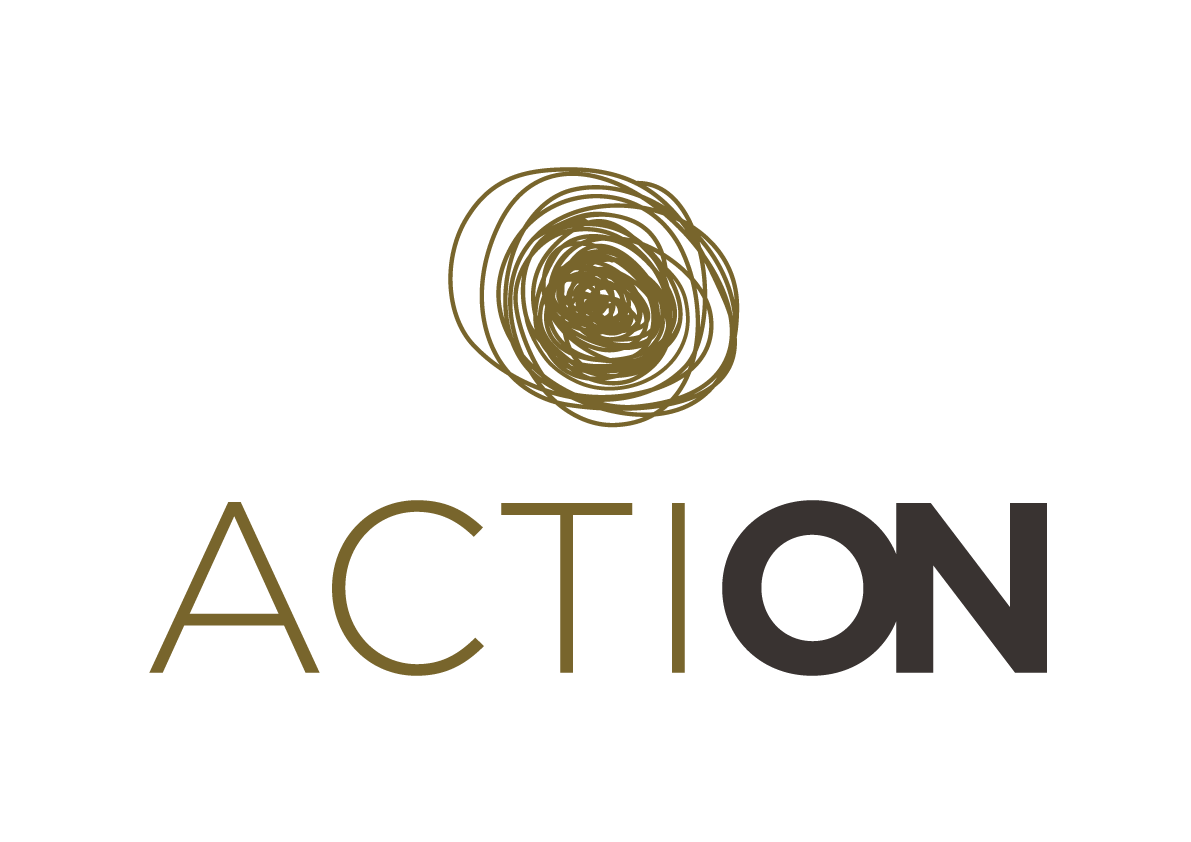Toolkit
Stakeholders in citizen science
The people and organisations with an influence on or interest in the project are collectively termed the project’s stakeholders. There are six main stakeholder groups in citizen science (Göbel et al., 2017):
- Academia and research organisations
- Individual volunteers
- Government agencies or departments
- Informal groups / community members
- Educational institutions
- Businesses and industry may have a stake in these projects, for example as providers of sensors or expertise, or as polluters in the area
In our example of a neighbourhood air pollution project, the citizens are the project’s initiators, and they design the projects’ delivery. The local council, as policy makers, may also be stakeholders because the results of the study could influence policy decisions. Other stakeholders include citizen scientists that the project initiators recruit, who may be brought on board to consult on the design of the experiment, as data gatherers or data analysers. The project may also involve open source hardware designers as stakeholders who advise on the use and distribution of sensors.
In the example of a researcher-led investigation of health effects of air pollution, the researchers – who have an existing expertise in the research area – initiate the project. They recruit citizens – who may or may not be affected by the problem that they are studying – to become citizen scientists. While definitions vary widely, in these examples citizen scientists can be considered to be those working on the project outside of their professional environment, whereas researchers are understood to be working somewhat within their professional environment. Other stakeholders could be policy makers – those who engage with the project as someone able to influence policy or legislation, citizens – members of the community or members of the public who are not engaging with the project directly, and participants – those who are engaging with the project in a less active way than citizen scientists.
While professional researchers do not have to be the initiators of citizen science projects, it is recommended that projects involve a scientifically trained advisor, to ensure a genuine science outcome.
It is important to understand who the relevant stakeholders are to maximise chances of a citizen science projects’ success (Skarlatidou et al., 2019). It is also important to remember that any single person can represent multiple stakeholder groups at once, by being, for example, a policy maker and a participant, and that each person and stakeholder group can fill different roles at different times in the project.
TOOLS
Stakeholder mapping
Stakeholder mapping is more commonly done in the context of business and innovation, but can be crucial to explore the environment and community around citizen science projects as well. Mindtools offers a template and process that can be used for citizen science projects, too.
